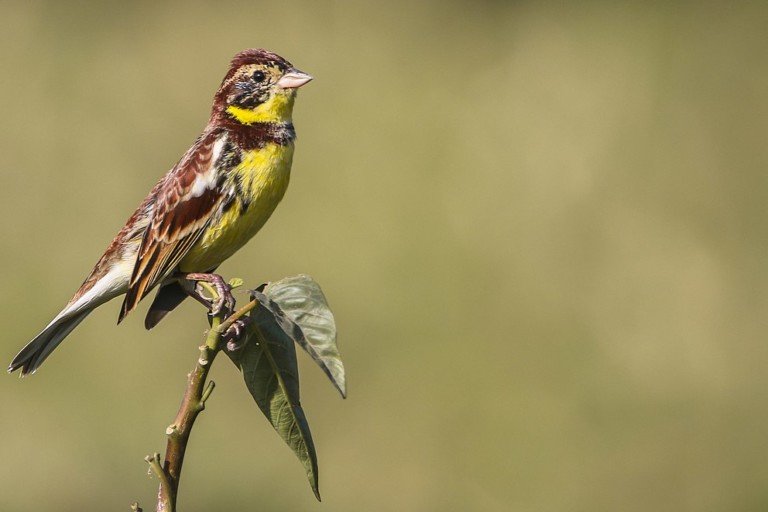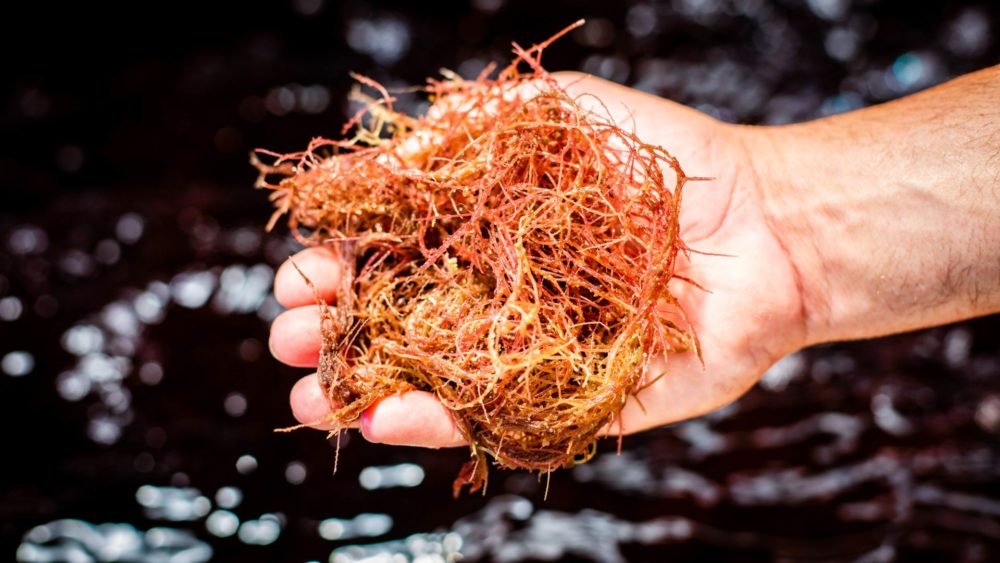Lithuanian vertical farming company Leafood has secured $6.75 million (€6.45 million) in seed funding. The majority of the proceeds will go towards financing a partnership with Taiwanese indoor agriculture company YesHealth Group to build and operate a network of indoor vertical farms in Lithuania and the greater Baltic region.
- The round was led by Niels Peter Pretzmann, founder of organic farm Farmer’s Circle and hospitality hub Baltic Food Republic, alongside YesHealth Group and another private investor.
- Leafood plans to raise an additional $2 million over the summer.
- YesHealth Group is an important player in vertical farming, operating several farms for commercial, research and development purposes, including Europe’s largest vertical farm, Nordic Harvest, in Denmark.
- The Leafood project, which will also be one of Europe’s largest vertical farms, will see YesHealth Group’s technologies applied in Lithuania, Latvia, Estonia and Poland.
- Construction will take place in the Lithuanian capital of Vilnius and is slated for completion by Q1 2023.
- Leafood’s products are set to hit the market in late spring 2023. They will target the retail industry and supply to the HORECA (Hotel/Restaurant/Catering) sector of the food industry.
- Leafood aims to produce 1,000 kilograms of leafy greens daily and around 400 tonnes a year. The company is keen to localize leafy green supply chains for urban dwellers across the Baltic region.
Why it matters
Since vertical farming involves growing crops inside environments where irrigation, lighting, temperature, and other elements are completely controlled, the method checks a lot of boxes when it comes to food production in Northern European countries.
- It’s often difficult for farmers to grow year-round produce outdoors because of the region’s harsher climate and long winters.
- According to a Researchgate study, Lithuanians are environmentally conscious and highly concerned about food safety compared to other European countries. Vertically farmed produce is typically pesticide-free, while a growing number of automation technologies inside the farms means few human hands touch the actual produce before it reaches consumers.
- Lithuanian consumers are willing to pay 10% more for locally-sourced produce, according to Valentinas Civinskas, founder and CEO of Leafood. Whether produce is Lithuanian-grown was among the top three criteria for consumer purchases according to one survey by the Lithuanian Lithuania Crop Protection Association.
- Vertical farming enables companies like Leafood to produce locally and guarantees significantly reduced shipment times; Leafood will ship to a roughly 20km distance around the city center, according to Civinskas.
“Currently, Lithuania imports a lot of food, especially during winter, but we cannot continue to rely on a food system that is breaking down because of climate change, pandemics and the geopolitical situation. That’s why we need to innovate and find new ways to farm healthy, sustainable food, year-round, locally and indoors. By developing a network of high-tech, indoor vertical farms, we [Leafood] are trying to solve this problem of food security for the Baltic region,” Civinskas tells AFN.
There are various environmental arguments for vertical farming too, including less damage to the earth’s soils through over-farming and chemical applications, soil-disturbing tillage, extractive inputs like synthetic fertilizer, and excessive water use.
“There’s a big need for vertical farming for most of the countries that have challenging climates. Leafy greens are just the starting point. This technology could be applied to growing other foods like mushrooms, berries and tomatoes. We can grow over 100 types of crops and even exotic foods which farmers couldn’t,” says Civinskas.
“With the ability to find cheaper energy sources, [vertical farming is] getting cheaper and more available over the years. So give it another five to 10 years, you’ll see more and more developing countries applying this.”
Where in the world?
According to Vertical Farming Planet, the US leads by the number of vertical farms globally. Japan, China, Singapore, South Korea, Taiwan, and Thailand are the industry leaders in Asia. Denmark, Germany, France, UK and the Netherlands are also home to a number of vertical farming companies. These include some of Europe’s largest vertical farms: InFarm, Nabofarm, Harvest London, Growing Underground, and Crate to Plate, to name a few.
What they’re saying
“Investors are extremely bullish right now given the learnings from the pandemic. They realize that some supply chains are not sustainable,” Civinskas says.
“. . . The challenge for us today is the same challenge faced by vertical farmers everywhere – not just to deliver on our promises of health and sustainability, but also profit,” Jesper Hansen, CCO of YesHealth Group, said in a statement. “Our indoor vertical farms in Taiwan, the greater China region, Italy and Denmark have taught us how to overcome this challenge, so we are now able to share our technology and know-how with more global strategic partners like Leafood. We have agreed with Leafood to build and operate their first indoor vertical farm in Lithuania, reach profitability within two years, then expand together across the greater Baltic region.”
The aforementioned Pretzmann added that it’s rare to come across a project that ticks more than half of the goals listed on the United Nations Sustainable development agenda 2030.
“Not only will Leafood allow us to shorten the supply chain – a key effort on the road to more sustainable, healthier diets – but it will also help us find solutions to acute problems in conventional farming,” he said. “Solar panels set the path for cleaner, more affordable energy. The plants will be fed on bio-fertilizers derived from natural ingredients such as soybeans and oyster shells. But most importantly, it will dramatically prolong the shelf life of salads and herbs, which will contribute to solving the local as well as the worldwide issue of food waste. Along with my organic farming at Farmers Circle, Leafood continues on my chosen path toward the goal of bringing more sustainable, healthier foods to our daily tables.”














